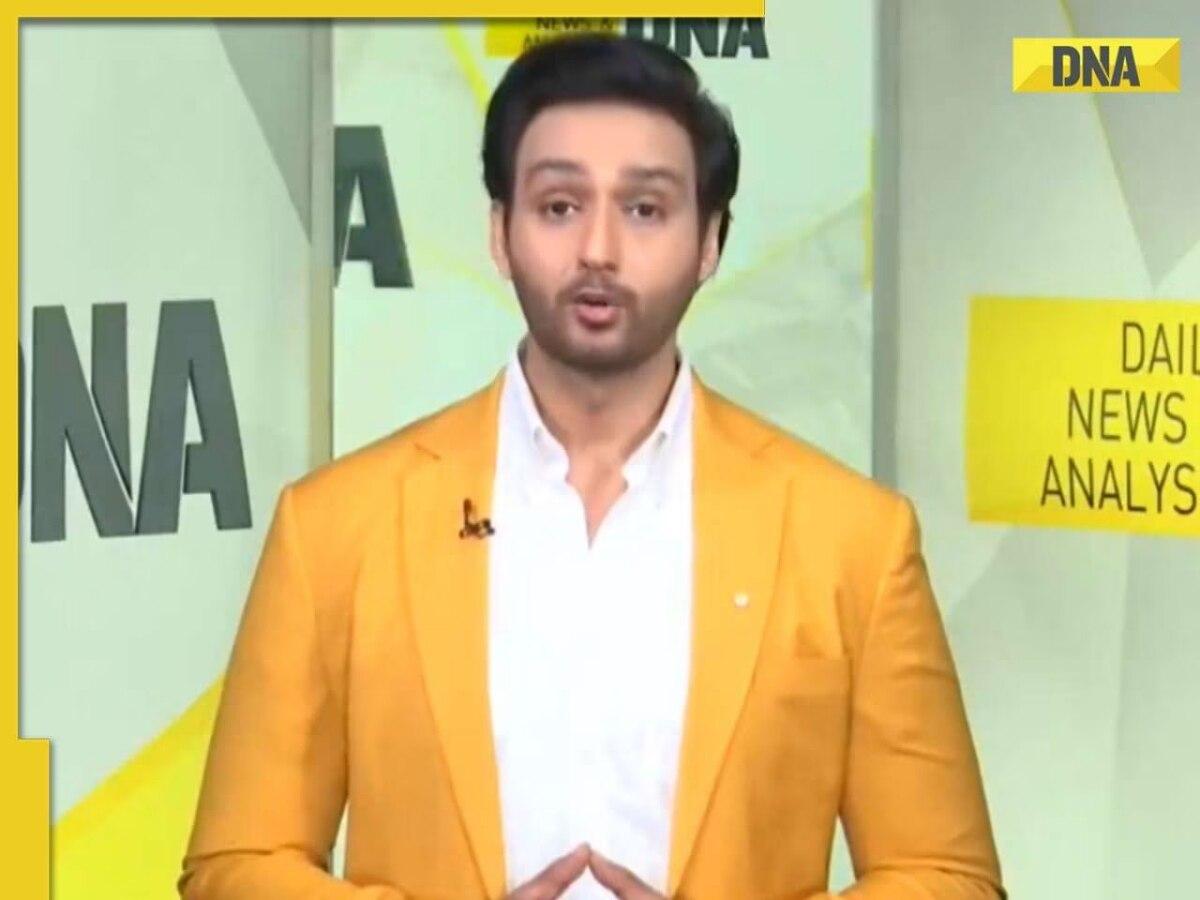
The canvas of Indian politics is witnessing a significant shift as the conversations around the upcoming 2024 Lok Sabha elections transition from a narrative of development to a polarization based on religious categorizations. With each rally and speech, political discourse is increasingly emphasizing religious identities over mere reservation policies, marking a profound change in the electoral playbook. Sourabh Raaj Jain, the anchor of DNA Zed News, has delved into this transformation, scrutinizing what might intimate a departure from progress-centric debates to those entrenched in religious divides.
The progression of rhetoric during electioneering is palpable as political leaders navigate from the broader topic of reservations to that of religion-based reservations. A complex interweaving of land distribution among different faiths has also come to the forefront. The dialogue has escalated sharply to discussions of an eighty-twenty split, invoking terms like Ghazwa-e-Hind within the context of religious reservation debates.
These developments force us to confront a critical question: Is the Hindu-Muslim dichotomy a mere shadow in the real world or is it a specter that manifests solely within the realm of electoral politics? The unfolding scenario suggests that no political entity remains untouched when it comes to weaving religious narratives into their campaign fabric. A cursory review of political utterances underscores the potency of religion as a tool wielded by parties to garner support at the ballots.
One such illustration is the commentary made by BJP leader and Amravati electoral candidate Navneet Rana, who threw down the gauntlet at the Owaisi brothers, leaders of All India Majlis-e-Ittehadul Muslimeen (AIMIM), with her remarks on social media. Rana challenged the brothers asserting that without police protection, they would be rendered clueless about their whereabouts. She stood by her provocative statement, stressing the resolve to counter those acting against India’s interests, and turned Akbaruddin Owaisi’s infamous ’15 minutes’ remark into a boast of taking merely ’15 seconds’.
This elicited a sharp response from Asaduddin Owaisi, who called upon Prime Minister Narendra Modi to indulge Rana’s claim by granting her not just seconds but an hour to demonstrate her point. Owaisi’s rebuttal was one of defiance, emphasizing the readiness to face opposition and challenging the establishment to act upon their provocations.
Only a decade ago, Akbaruddin Owaisi’s contentious ’15 minutes’ speech made him the subject of legal scrutiny, ultimately leading to a jail sentence that was overturned due to insufficient evidence. With the High Court still scrutinizing the case amid allegations of biased evidence by the police, one wonders why Barrister Owaisi stays silent on the matter. Perhaps the revival of an aged grievance does not perturb him overly.
Furthermore, BJP’s decision to introduce Madhavi Latha as the first woman candidate in Hyderabad rattles the legacy of AIMIM’s stronghold in the region, a testament to the shifting sands of political strategies. Madhavi Latha clarified that Rana’s comments were metaphorical, meant to encourage swift and decisive voting for a developed India, rather than incitement.
As the incessant churn of politics brings religion to the center stage, the shifts in campaign focus reflect broader societal and political currents. It remains to be seen how these threads of development and religious identity will be woven together, or perhaps remain knotted in contention, as India steers towards another pivotal electoral junction. The implications are wide-reaching, with the potential to reshape not just political narratives but also the social fabric of the nation.
(With inputs from ANI)












